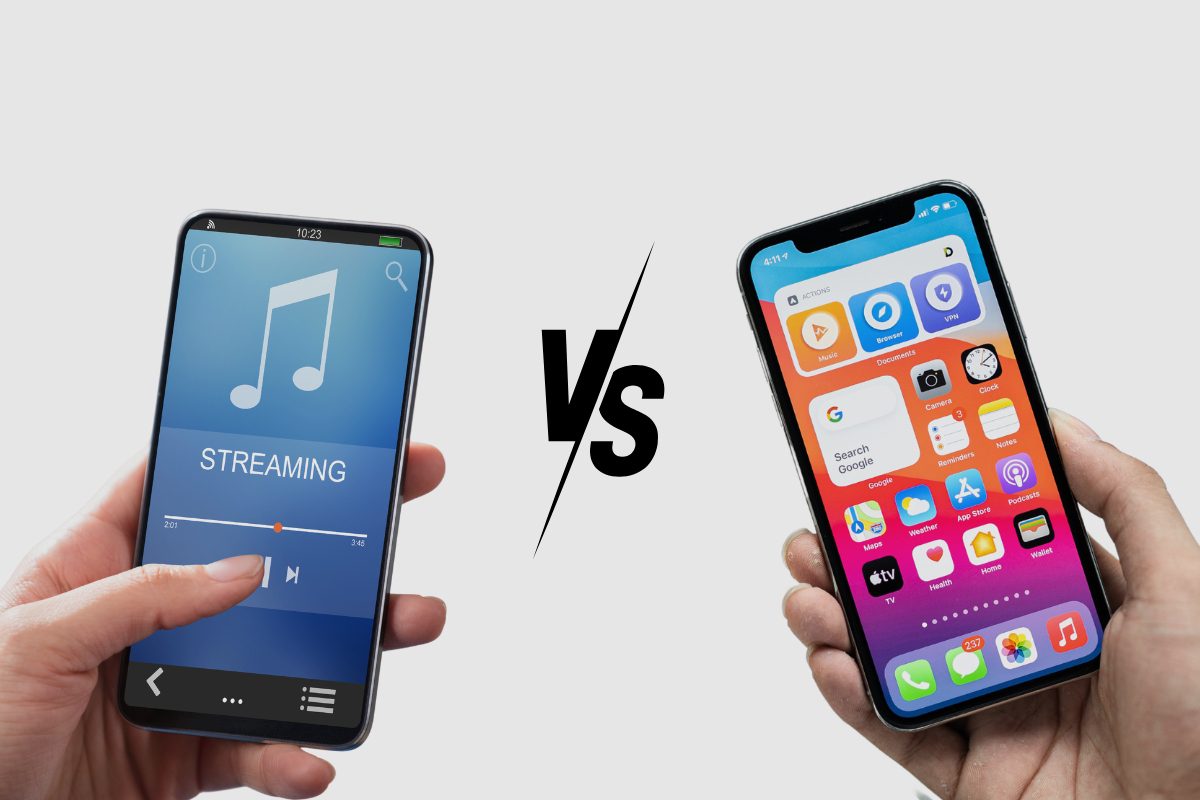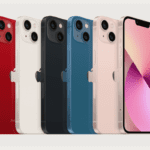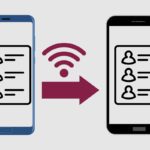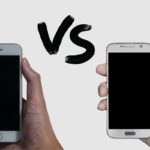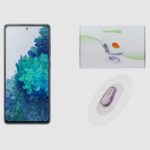The Android vs iPhone debate has raged on for over a decade, with both sides making compelling cases. Android phones have greater flexibility, more options, and typically cheaper price tags. iPhones counter with arguably better optimization between software and hardware, longer update support, and a more privacy-focused ecosystem.
But when you look closely, many of the common reasons cited for Android’s superiority don’t tell the whole story. While Android excels in certain areas, some of its advantages depend greatly on the specific phone model or user preferences. And iPhones have compelling strengths of their own that narrow the practical differences with Android.
So, let’s look deeper into the 15 most common arguments for why Android is better and see if they hold up to scrutiny.
Key Takeaways
- Many alleged Android advantages like storage expansion and replaceable batteries depend on the phone model – plenty of Android phones lack those features.
- Similarly, strengths like greater customization and widgets appeal more to power users rather than average consumers.
- Arguments around Android offering cheaper devices, faster charging, always-on displays and split-screen apps also have nuances.
- Ultimately, Android vs iPhone comes down to user priorities around flexibility vs optimization. Both platforms have merits.
- Key Takeaways
- Is Android really better than iPhone for most people?
- Storage and Memory
- Charging and Batteries
- Customization and Control
- App Quality and Game Performance
- Cameras
- Pricing Differences
- Software and Security Updates
- Resale Value Differences
- Privacy and Data Sharing Concerns
- Flexibility and Options
- Optimization and Cohesion
- Conclusion
- Image Gallery – 15 Reasons Why Android Is Better Than iPhone
- Useful Links:
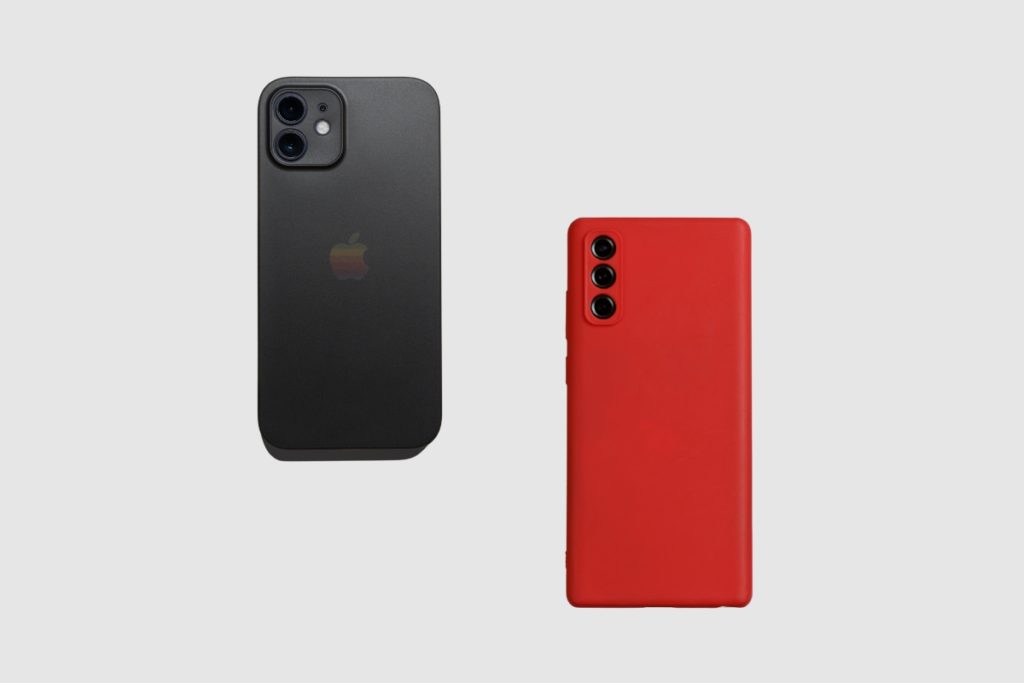
Is Android really better than iPhone for most people?
When you look past the stereotypes and hype cycles, the Android vs iPhone debate contains far more nuance. Which platform is “better” depends greatly on user priorities and willingness to trade off certain advantages.
For those focused on flexibility, options and lower prices, Android makes a compelling case. But for those who prioritize cohesion between software and hardware, longer device support, and privacy, iPhones have legitimate advantages.
In many areas like app quality, camera performance, and processors, the differences come down to comparisons between specific iPhone and Android models, not the platforms as a whole.
So rather than arguing absolutes, it’s most constructive to highlight the types of users that would benefit most from Android or iPhones based on their priorities. There’s no unambiguously “better” choice between the two mobile ecosystems.
Storage and Memory
Common Android Claim: Android phones allow memory expansion through microSD cards. iPhones have fixed, limited storage.
This advantage depends greatly on the actual Android phone. Many newer Android flagships, like the Samsung Galaxy S21 series, have dropped microSD slots, just like iPhones. Expandable storage remains more common with mid-range and budget Android devices.
So, while iPhone storage is indeed fixed, there are high-end Android devices that also lack this flexibility. With the newer iPhone models, their base storage starts higher at 128GB rather than 64GB for some Android flagships.
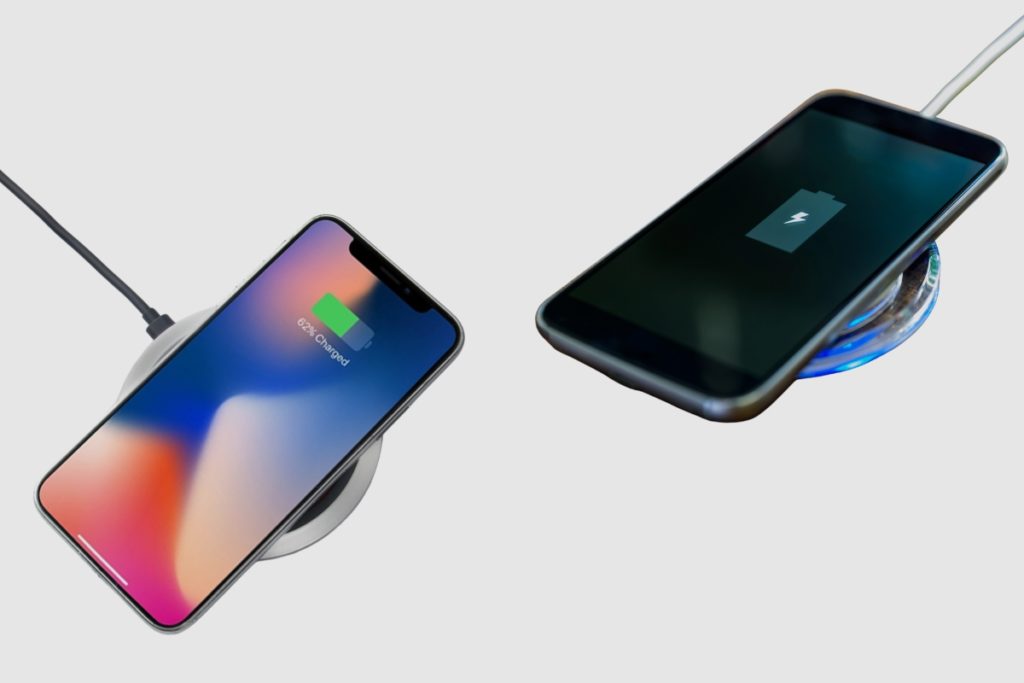
Charging and Batteries
Common Android Claim: Android phones charge faster and have replaceable batteries. iPhones charge slowly and seal batteries inside.
The charging comparison refers to fast charging standards like SuperVOOC, which can juice up compatible Android phones to 50% in 15 minutes. But plenty of Android models don’t actually support the fastest standards. iPhones have trailed behind in charging speeds, but the iPhone 13 series made improvements to reach 50% in 30 minutes.
As for replaceable batteries, this modular advantage is largely limited to budget Android models. Flagship devices from Samsung, Google and others also seal batteries internally without user replacement options. So it ultimately depends on your priorities and which phone models you’re considering.
Customization and Control
Common Android Claim: Android offers superior customization of home screens, launchers, keyboards and more. It also provides more granular control over default apps and device settings.
There’s no denying that Android offers far more flexibility in areas like launchers and widgets. But iOS customization has improved with features like App Library. And the typical iPhone user may not care to customize much beyond wallpapers and notifications.
So, while Android provides more personalization options, that appeals mainly to power users. The average consumer likely won’t customize their phone extensively or dig into granular system settings on either platform.
App Quality and Game Performance
Common iPhone Claim: iPhones offer better app quality and game performance compared to Android.
In terms of apps, iOS developers generally prioritize the platform first, given its lucrative user base. There are also fewer iPhone models to optimize apps for compared to the Android device fragmentation.
However, Android phones with the latest processors can match, if not exceed, iPhones in areas like gaming. Flagship devices like the Galaxy S22 Ultra with the Snapdragon 8 Gen 1 outpace even the iPhone 13 Pro in benchmarks. So, while Apple still dominates mobile gaming revenues, Android offers compelling high-end options too. However, the iPhone 15 may have taken things to the next level in terms of gaming because of its new chip being able to play console level games at high settings.
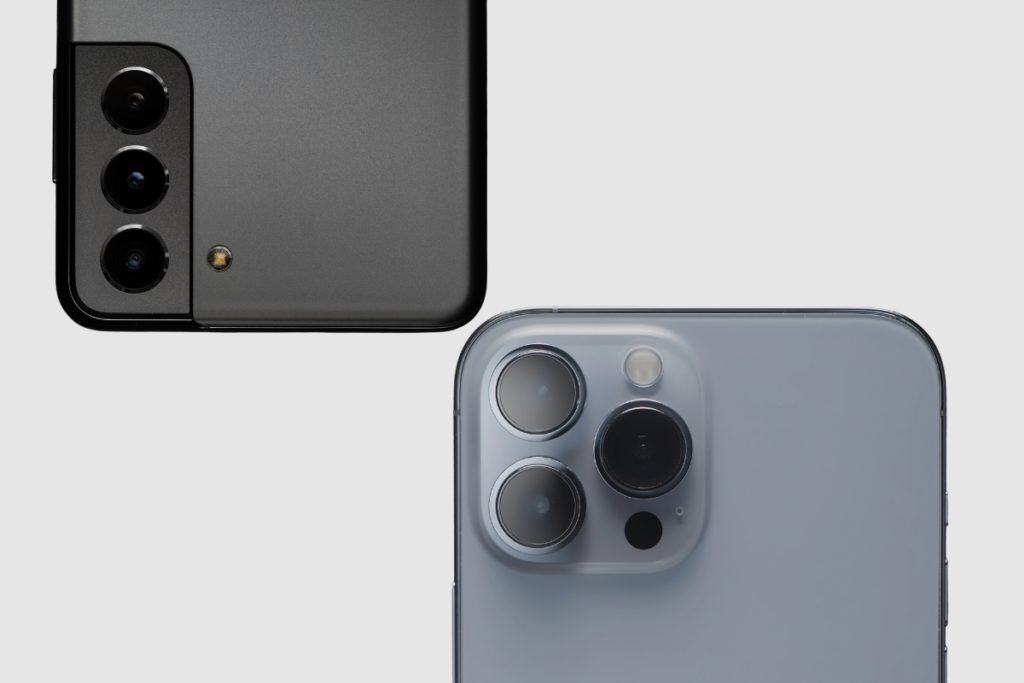
Cameras
Common iPhone Claim: iPhones take better photos and videos overall compared to Android phones.
Recent Android flagships have closed the photography gap considerably through advances in computational photography and AI-powered processing. Top-tier devices like the Galaxy S22 Ultra and Google Pixel 6 Pro can go toe-to-toe with the iPhone 13 Pro camera systems.
Apple still leads in areas like HDR processing and video capture. But much like gaming performance, the camera competition ultimately comes down to comparing specific iPhone models versus particular high-end Android devices.
Pricing Differences
Common Android Claim: Android phones are generally cheaper than comparable iPhone models. You get more hardware for your money.
This price advantage for Android depends greatly on where you live and shop. In countries like India, many Chinese Android brands offer devices with impressive specs at relatively affordable prices compared to iPhones.
But in regions like the United States, flagship Android phones have mostly reached iPhone price parity. Samsung’s Galaxy S22 series and Google Pixel 6 Pro match Apple’s premium pricing, even exceeding it in some cases. Mid-range Androids still offer cost savings, but the value choice shifts by market.
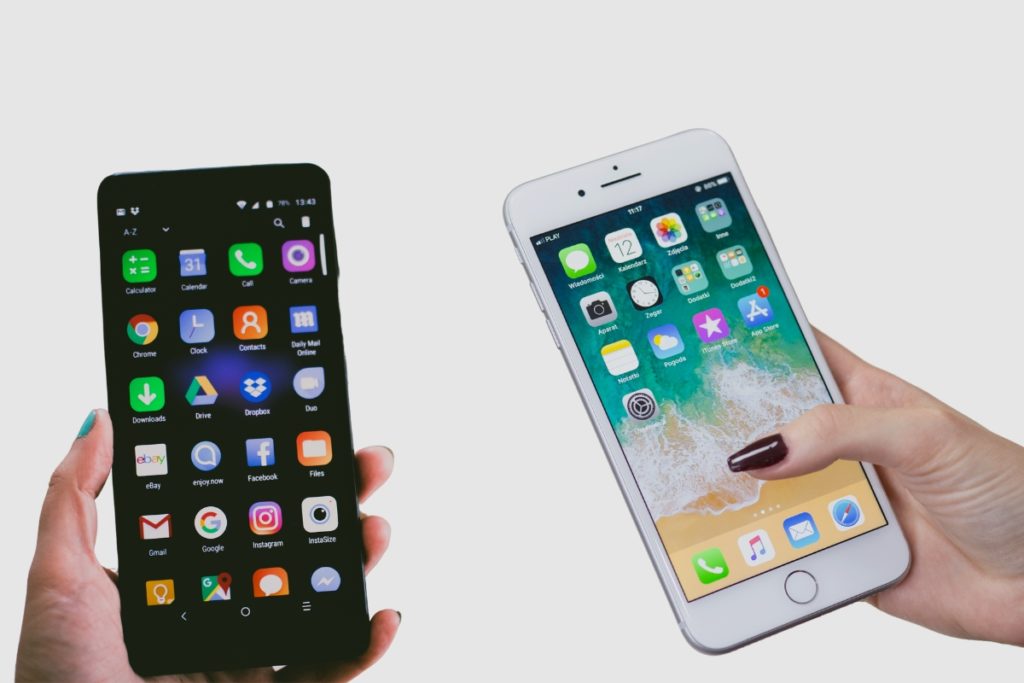
Software and Security Updates
Common iPhone Claim: iPhones receive major iOS updates for 5-6 years. Android phones average 1-3 years of updates.
Apple absolutely dominates software support longevity, providing about twice as many years of iOS updates compared to Android flagships. This leads to longer usable lifespans for iPhones.
However, Google is working to address ‘Fragmentation’ through initiatives like Project Treble and Mainline – modularizing updates for quicker rollouts. Samsung has also committed to 4 years of security updates. So, while iPhones still lead, Android updates are improving.
Resale Value Differences
Common iPhone Claim: Used iPhones retain much higher resale value over time compared to Android phones.
There’s no disputing iPhones claim resale value dominance, retaining about 65% of the original MSRP after two years based on some estimates. Comparable Android devices drop to around 35% in the same period.
The reasons likely include longer software support, better build quality perceptions, and a loyal customer base willing to pay a premium for used iPhones. For financially conscious consumers, iPhones make a compelling case to recoup value later.
Privacy and Data Sharing Concerns
Common iPhone Claim: Apple takes a strict privacy approach with minimal data collection. Google leverages user data for advertising.
Apple has marketed iPhones as bastions of privacy, limiting data collection and providing transparency around policies. Google does extensively leverage user data across its services for advertising revenue.
However, Google allows toggling off personalization and ads personalization. And third-party Android development means more apps like privacy-focused browsers. So, while Apple is more privacy-forward, Android provides some controls, too.
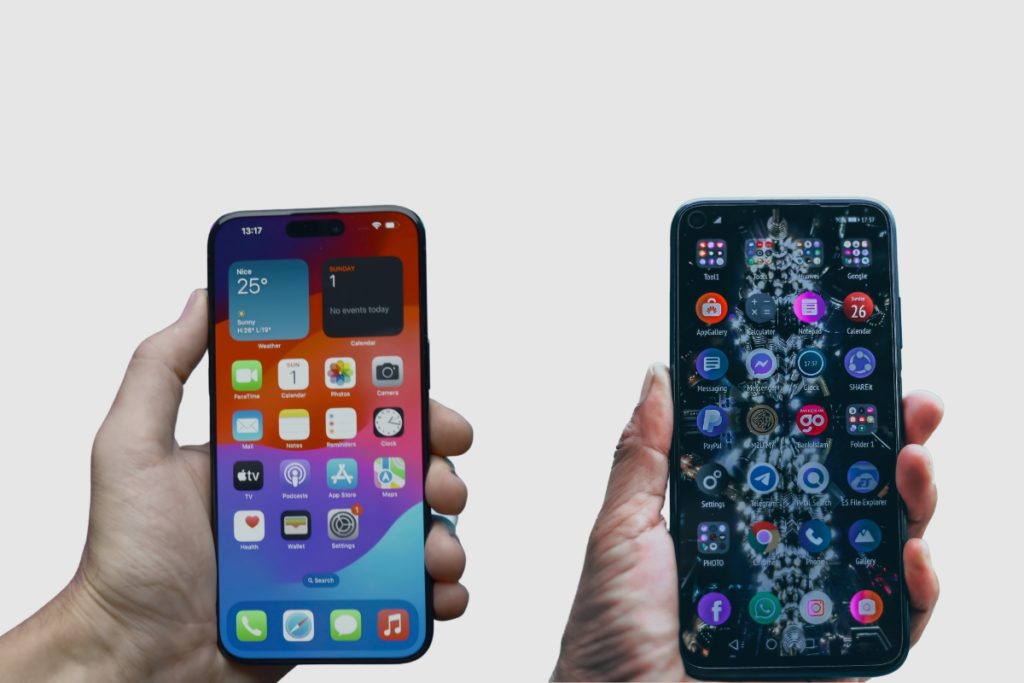
Flexibility and Options
Key Android Advantage: Android offers significantly more variety in phone designs, brands, price points and capabilities. More niche use cases get served.
This flexibility remains Android’s killer advantage that the iPhone can never match. The open ecosystem means more experimentation across form factors, brands, designs, prices and specs.
As a result, Android serves budget buyers, mobile gamers, photography enthusiasts, digital artists, enterprise customers and other niche users much better through tailored devices. iPhone remains largely a premium, mass-market product.
Optimization and Cohesion
Key iPhone Advantage: Apple’s control over hardware and software leads to better optimization. And the ecosystem interoperability between iPhones, iPads, and Macs has no parallel.
Conversely, iPhones pay a price for uniformity. But what you gain is a level of polish and cohesion that remains rare in the Android world. iOS deeply leverages the A-series chip capabilities for a fluid experience. And Apple’s device ecosystem truly feels like pieces of a larger whole.
These synergies become most apparent for users with multiple Apple devices. Seamless continuity, Handoff, AirDrop, iCloud sync and other cross-device integrations have significant utility. Android cannot replicate this interoperability.
Conclusion
The Android vs iPhone debate ultimately comes down to user priorities around flexibility vs cohesion. Android provides more options and customizations for the willing, but iPhones deliver more cohesive experiences out of the box.
Consider your budget, brand loyalty, device usage patterns and must-have features before deciding. Power users who want ultimate control will likely prefer Android. Mainstream users who want hardware and software that “just work” together seamlessly may find the iPhone a better fit.
But neither choice is definitively “better” overall. Both leading mobile platforms have merits and reasonable use cases. Avoid absolutist tribalism and simply choose the phone that aligns best with your needs and preferences.
Image Gallery – 15 Reasons Why Android Is Better Than iPhone





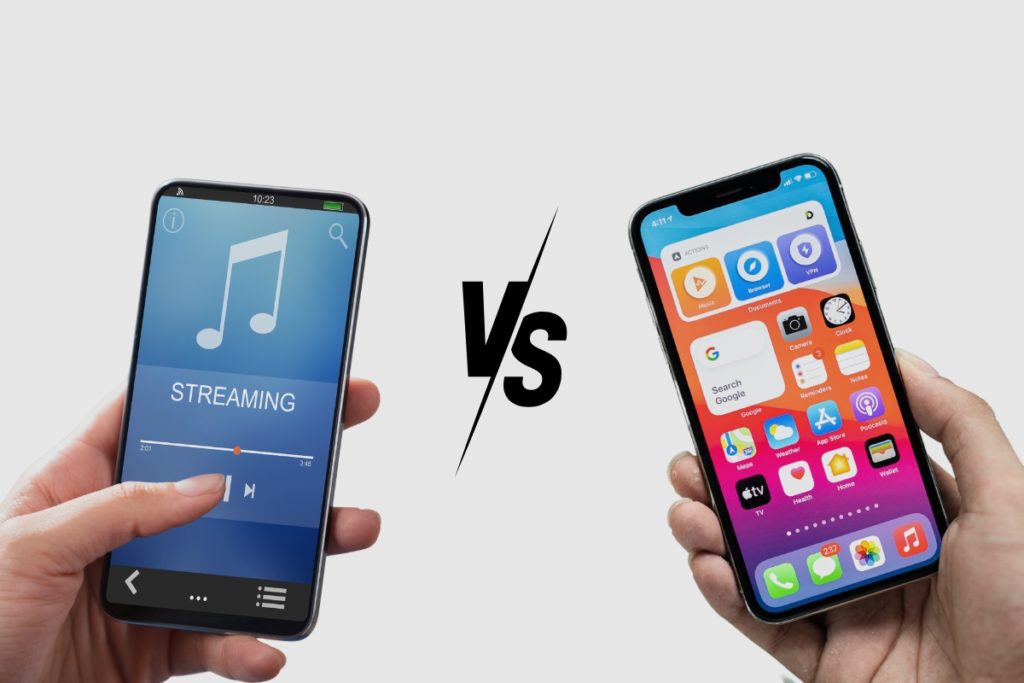
Useful Links:
Other Related Posts to Read:
References:
- About Android, Android Operating System.

